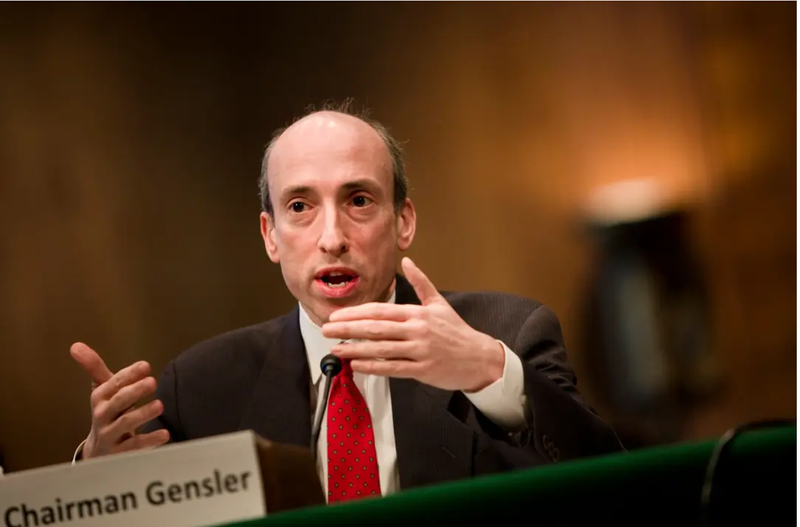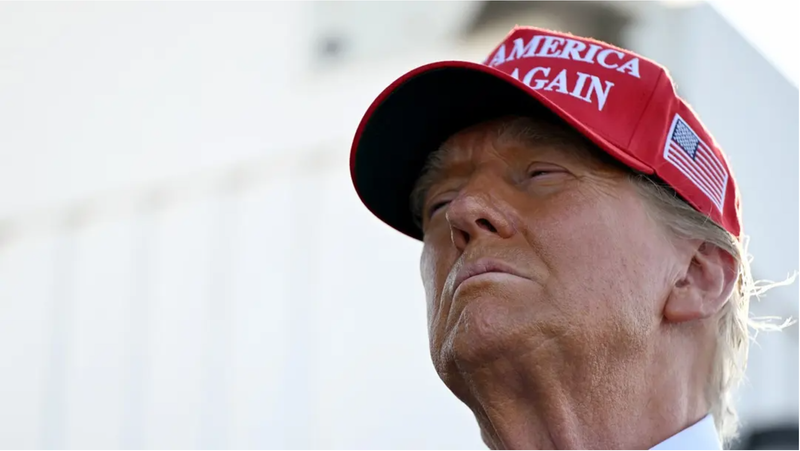Ex-Marine Accused of Giving Nazi Salute at Capitol Riot Sentenced to 5 Years
Tyler Dykes, a former member of the US Marine Corps accused of flashing a Nazi salute on Jan. 6, was Friday sentenced to four years and nine months in prison for his part in the Capitol riot....
Facts
- Tyler Dykes, a former member of the US Marine Corps accused of flashing a Nazi salute on Jan. 6, was Friday sentenced to four years and nine months in prison for his part in the Capitol riot.1
- US District Judge Beryl Howell also ordered Dykes — who helped lead the charge on the Eastern front of the Capitol — to pay $22K in fines and restitution.2
- Though Dykes, 26, denied that his celebration on the steps of the Capitol had been the Nazi salute, prosecutors claimed he attended training for The Base — a neo-Nazi accelerationist organization.3
- Dykes was previously convicted of performing the 'Sieg Heil' salute during a 2017 Unite the Right rally in Charlottesville, Virginia.4
- On Jan. 6, Dykes reportedly indulged in violent acts like ripping down fences and grabbing a riot shield from a policeman, besides joining a mob attempting to break through a police line.5
- He was arrested last March and pleaded guilty to burning an object with intent to intimidate. He was discharged from the military in May 2023 'under other than honorable conditions.'6
Sources: 1Washington Post, 2Courthouse News Service, 3NBC, 4Yahoo News, 5Politico and 6Associated Press.
Narratives
- Left narrative, as provided by AOL. Incidents of people performing the Nazi salute in recent years starkly highlight the dangers facing the US. This symbol of hatred and tyranny not only disrespects the memory of the thousands of Americans who died fighting Nazism but also underscores the erosion of the nation's unity and civility. The act reflects a disturbing trend of embracing extreme symbols, revealing a deep divide in American society.
- Right narrative, as provided by Lowy Institute. Banning symbols like the Nazi salute is ineffective and risky. Historical evidence from Germany shows that such bans don't reduce extremism; instead, they may provoke more defiance and provide extremists with propaganda opportunities. Focusing on education and enforcing existing anti-vilification laws is crucial to addressing the underlying issues and preventing the glorification of hate symbols.







